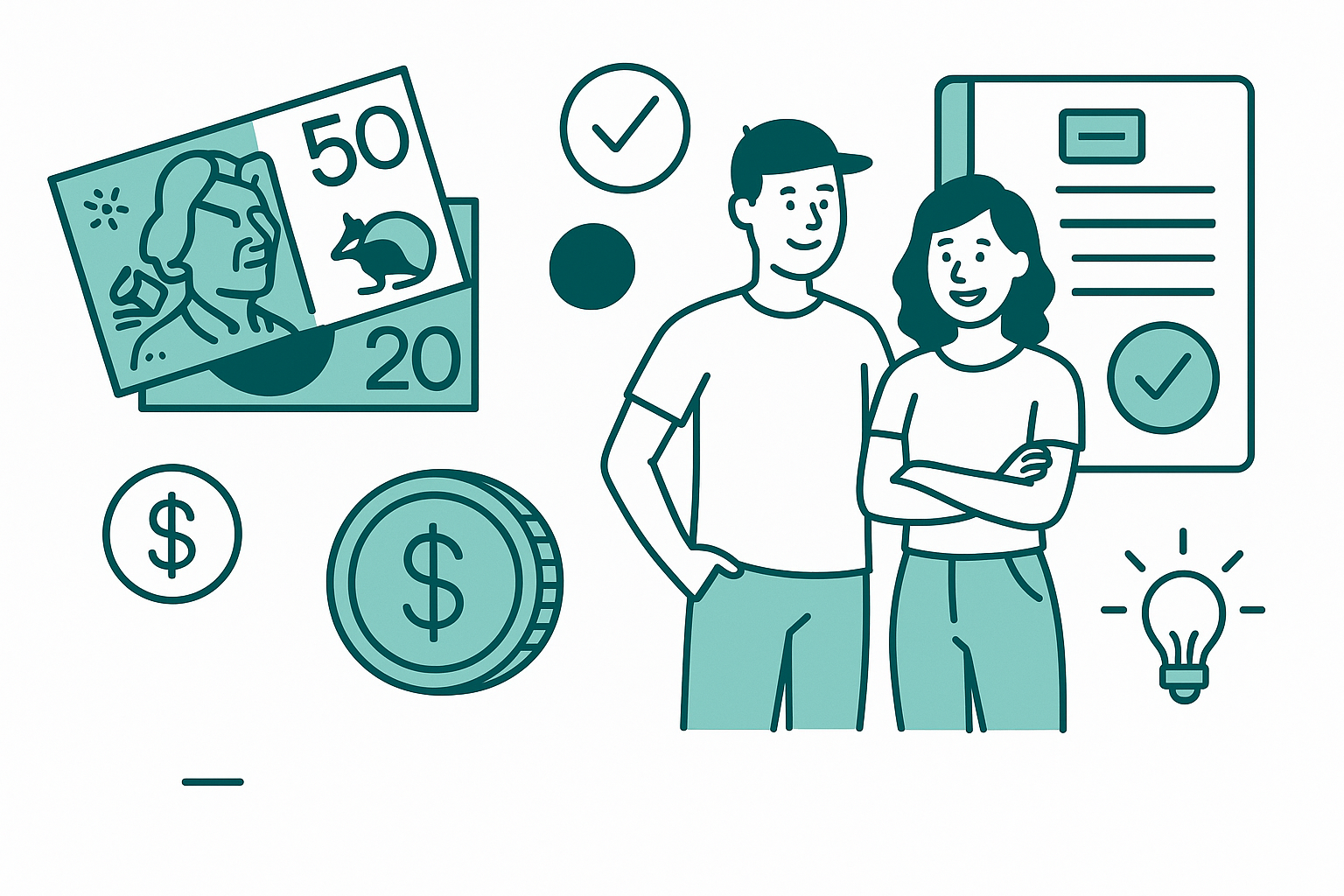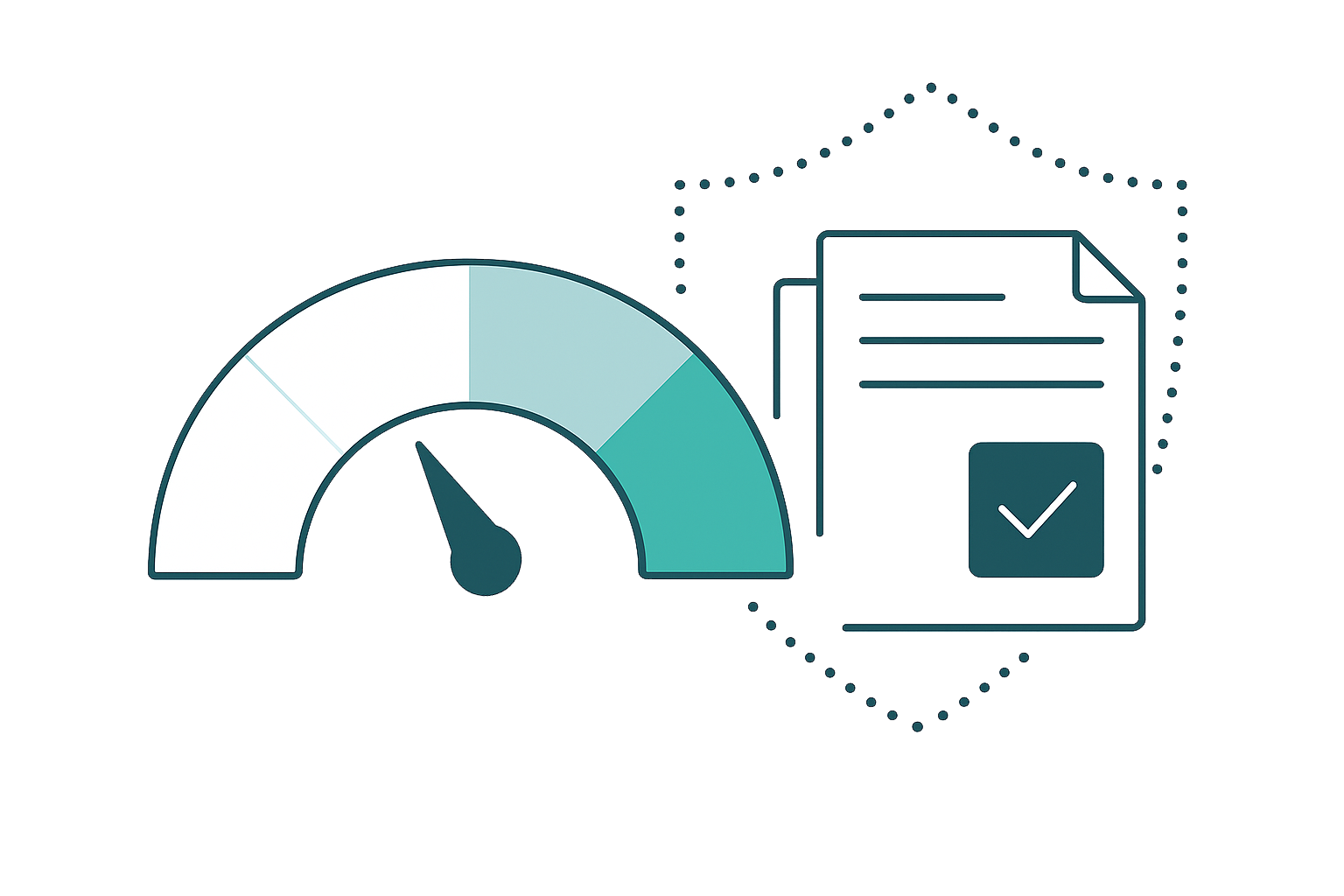Understanding Personal Loans for Casual Employees in Australia
- Personal Finance
- 04 Mins read

Understanding Personal Loans for Casual Employees in Australia
Getting a personal loan as a casual employee in Australia can seem complicated. You might wonder whether your employment type affects your chances or if you need special documents. The good news is, casual workers can indeed access personal loans. However, there are important factors to consider. In this guide, I’ll explain how casual employment impacts loan eligibility, share practical tips, and clear up common questions.
What Is a Casual Employee?
In Australia, a casual employee is someone hired without a fixed or guaranteed work schedule. They often work irregular hours and do not have permanent employment rights like sick leave or paid annual leave. Casual jobs are common in retail, hospitality, and other sectors.
While casual work offers flexibility, lenders see it as less stable compared to full-time employment. This perception affects your chances when applying for a personal loan. But don’t worry—being casual doesn’t mean you’re excluded.
How Does Casual Employment Affect Loan Eligibility?
When lenders review a loan application, they focus on whether you can repay the loan. For this, they look at income stability and payment history.
Since casual work can mean unpredictable hours, lenders might be cautious. They prefer applicants with a steady income over time. However, if you’ve been casual at the same employer for a few years and consistently earn enough, your chances improve.
In my ten years as a mortgage broker, I’ve seen many casual workers qualify because they demonstrated reliable income sources and good financial habits.
Factors That Help You Get Approved
Although casual employment poses some challenges, several factors can boost your chances:
-
Income History: The longer you’ve been in casual work, the better. Lenders like to see a stable income over at least 6-12 months.
-
Additional Income Sources: Do you have other income streams? Part-time jobs, rental income, or investment returns can strengthen your application.
-
Good Credit Score: A clean credit history shows lenders you’re responsible. Pay your bills on time and avoid overdue payments.
-
Savings and Deposits: Having savings or a deposit reduces the lender’s risk. It evidences financial discipline and makes approval more likely.
-
Employment Evidence: Provide payslips and bank statements. If you have a history of regular income, show that.
How to Improve Your Chances
If you’re casual and want a personal loan, consider these steps:
-
Maintain a Record of Your Income: Keep payslips or bank deposits showing consistent earnings.
-
Build Up Your Savings: A larger deposit or savings buffer can help lenders see your financial stability.
-
Reduce Other Debts: Pay off credit cards or existing loans. Lower debt-to-income ratio improves approval odds.
-
Get a Letter from Your Employer: Confirm your job status and income details.
-
Consider a Guarantor: Someone else can guarantee the loan, increasing your chances if your income isn’t viewed as entirely stable.
What Types of Personal Loans Are Available?
Personal loans vary in purpose and features. Common types include:
-
Unsecured Loans: No collateral needed. Suitable for smaller amounts, but often with higher interest rates. Good if you don’t want to risk assets.
-
Secured Loans: Backed by assets like a car or property. Usually have lower interest but require collateral.
-
Debt Consolidation Loans: Combine multiple debts into one. Simplifies payments and often offers lower interest rates.
-
Personal Lines of Credit: Flexible borrowing where you access funds as needed. Ideal for ongoing expenses, but check eligibility carefully.
Your Rights as a Casual Employee
The Australian Securities and Investments Commission (ASIC) emphasizes that all credit providers must assess your capacity to repay, regardless of employment type. If you’re denied a loan, you have the right to ask why. Understanding your rights ensures fair treatment.
Remember: The responsible lending obligations mean lenders should ensure you’re not overcommitted financially.
Tips for a Successful Loan Application
-
Be Honest: Provide accurate employment details. Misleading information can lead to loan denial or future complications.
-
Compare Lenders: Some lenders are more flexible, especially those specializing in non-traditional employment. Look for options that understand casual work.
-
Pre-Approval: Seek pre-approval before committing. It gives you an idea of your borrowing capacity without affecting your credit score.
-
Seek Expert Advice: A financial advisor or mortgage broker can guide you to lenders who accept casual employment income.
Real-Life Scenario
Let’s consider Emma, a casual retail worker at a busy shopping center. She’s been in her role for two years, earning a steady wage. She maintains a good credit score and has $5,000 saved. When Emma approached her bank for a personal loan, they requested evidence of her income and savings. With a good employment history and stable income, she was approved for a $10,000 loan at a competitive rate.
Contrast this with Liam, who’s just started casual work and has only been in the role for a month. Despite his enthusiasm, his application was declined because of insufficient income history.
Key takeaway: The longer your employment history and the more stable your income, the better.
Summing Up
Being a casual employee in Australia doesn’t automatically disqualify you from getting a personal loan. The key is demonstrating financial stability and responsible borrowing habits. Provide clear evidence of your income, maintain good credit, and consider saving more before applying.
Remember: Each lender assesses applications differently. Shopping around and seeking expert advice can make a big difference.
Final Thoughts
Approaching a personal loan as a casual worker requires some planning and evidence of reliability. Use your income documentation, build savings, and consider your overall financial picture. Reliable lenders will recognize your efforts to manage your finances well.
As ASIC notes, responsible lending is about matching you with products that suit your needs and capacity. Keep that in mind as you navigate your borrowing options.
If you approach your application thoughtfully and honestly, you can access the funds you need—even as a casual employee. Good luck!



